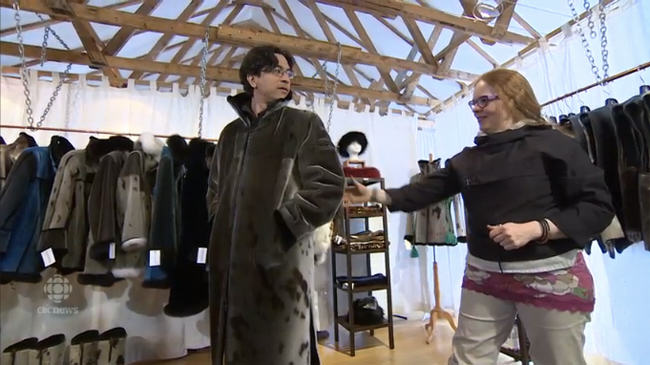
The European Union recently announced that products made from seals hunted by Inuit people can continue to be sold in the EU despite the 2009 ban that prevents the importation or sale of all other seal products. It is impossible to imagine a sealing policy that would be more hypocritical and anti-democratic.
Canadian sealing is a sustainable use of a natural resource carried out by licensed, well-trained sealers under the rules and regulations of the government of Canada, which have been developed based upon both population science and humane killing techniques. In 1971 a quota management program was established for the Northwest Atlantic harp seal stock, and the population is estimated to have grown since then from 1.8 million to the 5.9 million, according to the IUCN. World-wide the population is close to 8 million, with “All known stocks … increasing in number”.
Despite the comments of the animal rights groups, the world-wide markets for seal products (food, Omega-3 fatty acids, oil, fur, leather) continue to exist. They exist but are inaccessible because the decades-old animal rights propaganda campaigns have co-opted (bought?) politicians in the EU, the USA, and other countries to deny their citizens their democratic right to choose to buy seal products.
Even in its stronghold of North America, surveys suggest the animal rights philosophy (i.e., no animal use) is adhered to by less than 3 percent of people. And because of this lack of popular support, animal rights groups can only further their agenda by using their multi-million-dollar war chests to lobby politicians to pass laws denying citizens their right of choice: anti-democratic to say the least. Like autocrats throughout history, it seems that these wealthy activist groups don’t trust individual citizens to do “the right thing”.
Hypocrisy Everywhere
The World Trade Organisation enquiry found that the “seal ban” was against its rules, but in the interest of protecting the “morals” of EU citizens the ban would stand: thus buying into the animal rights propaganda that killing seals is immoral. An interesting decision given that many countries within the EU continue to kill seals legally in the Baltic and North seas.
The USA continues to allow harvesting of northern fur seals in the Pribilof Islands, creating an exemption to its own Marine Mammal Protection Act (MMPA), despite the fact that the IUCN lists the species as “vulnerable” and cautions that the Pribilof stock “has experienced a significant, steep decline in recent years.” Yet it bans the importation of Canadian seal products under the same MMPA, despite the fact that the harp seals killed have never, ever been on any reputable list (the Convention on International Trade in Endangered Species, for example) of endangered or threatened species. Hypocrisy reigns supreme.
SEE ALSO: 5 REASONS WHY I SUPPORT THE CANADIAN SEAL HUNT
Inuit “Exemption” Almost Racist
Animal rights groups constantly make pious, politically correct statements that they are not against Inuit sealing. For decades, Inuit organisations (including the Inuit Circumpolar Council, or ICC, which represents Northern Aboriginal communities around the world) has rejected this “exemption” as being meaningless, based in a colonialist mentality, and little short of racism.
Thousands of rural Canadian citizens are directly and indirectly employed in the sealing industry earning a living for their families. Sealing is part of an annual mosaic of income for rural Canadians whose money is derived from a number of individual activities that in total provide a livelihood that enables them to live in their communities. The same thing applies to Canadian farmers, ranchers, trappers, hunters, and so on: the only difference is the species killed. Few rural Canadians have the luxury of a guaranteed annual salary.
SEE ALSO: AMAZING FACTS ABOUT FUR: DRESSING FOR THE ARCTIC
Animal rights groups keep on about a “buyout” for those in the sealing industry. A one-year buyout? A two-year buyout? Or an annual buyout till all those involved have died? For whom? For sealers, plant workers, truckers, diesel suppliers, insurance agents, garment manufacturers, artists, artisans, grocery suppliers, gun and ammunition stores, vehicle sales people? For all or only some of them? Will they pay the many millions involved? No. These American-headquartered multi-million-dollar groups want the Canadian tax payer to subsidize their ridiculous views.
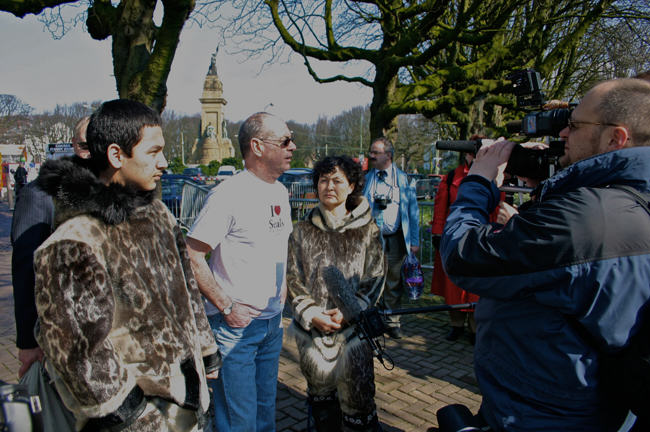
Resource Use Is Not Disneyland
“Baby seals”? The use of the word “baby” is simply an anthropomorphism, the Bambi syndrome, designed to influence and upset urban people who have a total disconnect with the sources of their food, clothing, medicines and other objects of daily use. The seals killed are fully weaned, are independent of their dames, and are on their own to survive or not: this is nature, not Bambi in Disneyland.
Death by gunshot or hakapik is instantaneous as found by innumerable studies by independent vets from Canada, the USA and the EU. The only negative studies have been bought and paid for by animal rights groups. The reality is that no animal-killing is pretty: it is by nature ugly. But pretty and ugly are not synonyms for right and wrong or good and bad. Sealing is simply an outdoor abattoir without the offal problems of land-based abattoirs (dumping it in landfills) because what we cannot use we leave on the ice to return to the eco-system as food for birds, marine mammals, fish and crustaceans: ecologically correct and green.
Travesty of Fiction Over Fact
The reality of the 50 years of animal rights propaganda has been the diminution of the incomes of thousands of Canadian citizens while these American-headquartered groups have collected hundreds of millions of dollars from people who think they are supporting animal care and conservation. One group alone generates contributions close to $100 million annually.
To adapt Winston Churchill’s famous turn of phrase, never have so many been so misled by so few for such nefarious reasons. For decades these groups have said nothing new, yet their comments are deemed “newsworthy”. They and their celebrity friends utter ridiculous comments and no journalists challenge them. It’s a circus, a travesty of fiction over fact, and proof that hypocrisy reigns supreme. It is media manipulation of the highest order.
Propaganda is an insidious thing and unless countered by a free press prepared to ask the hard questions it will continue ad infinitum. It is time for individuals, politicians and media to remember the immortal line of Pogo: “We have met the enemy and he is us.”
The anti-sealing story is the second greatest propaganda campaign of the last 85 years. Democracy is about the right of citizens to choose. History has shown us that when propaganda triumphs, democracy loses.
Nobody in the Canadian sealing industry wants people to buy their products if they do not wish to. Canadian sealers only want all citizens to have their democratic right to choose for themselves to use or not use seal products.
Animal rights is not animal conservation or animal welfare. The goal of animal rights groups like the Humane Society of the US (and its extension, Humane Society International) and People for the Ethical Treatment of Animals, to name but two, is not to end sealing but rather to end man’s use – not just killing, but any use – of all animals for any reason. Read their mission statements. Seals are the tactic not the goal.
Anti-sealing is the epitome of George Orwell’s position in Animal Farm: all animals are equal but some animals are more equal than others.
The animal rights anti-sealing movement may have won some battles but not the war. If it wins the war you will have to look around to see whom among you will be the next victim. The beef, pork, chicken or lamb producers? The trappers, hunters or fur farmers? The clothes manufacturer, shoemaker, auto manufacturer or furniture manufacturer? Anyone who uses animals for any purpose at all? You?
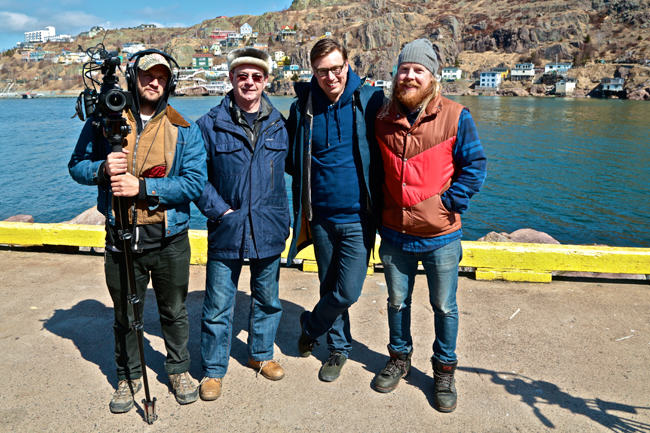
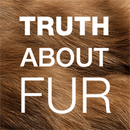







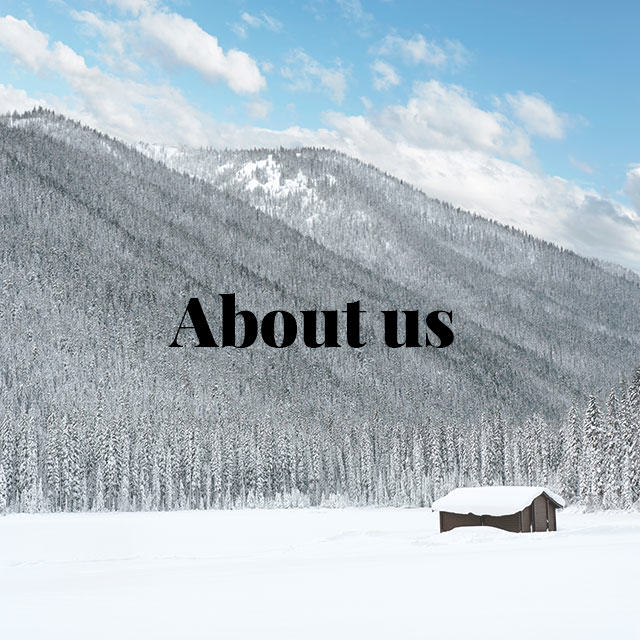
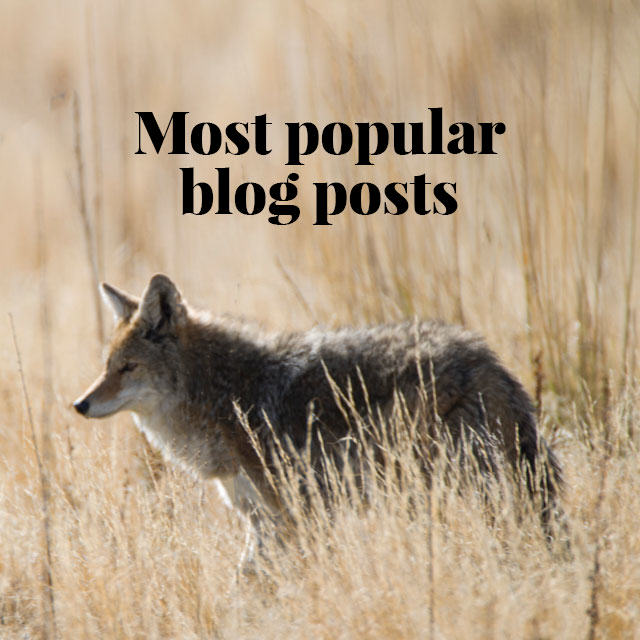
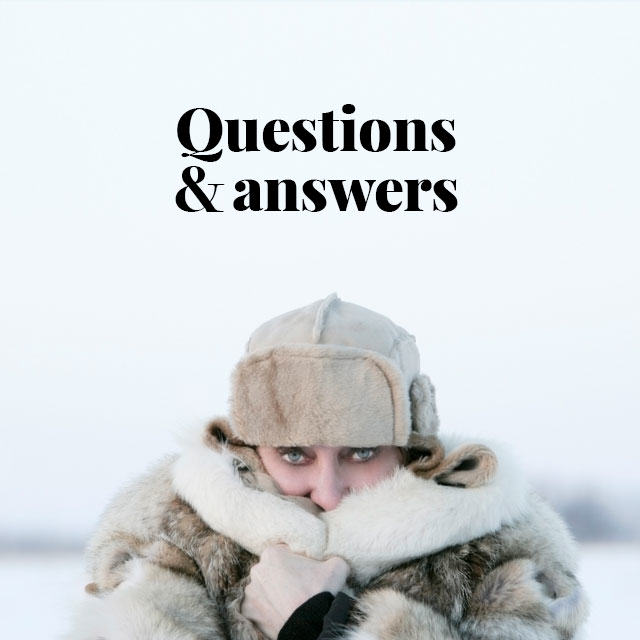
I am Henri MOTTE old friend of Jim Winter and wife, and children I lost contact with them for the 10 last years could you transmit to them this message to remember are friendship for the hunt seal battle in Canda. I am living now in Paris retired and passing the 80th last april 2023!
Please pass the message
Henri MOTTE
Churchill, Pogo, Orwell … and I know that in the back of your mind also was Martin Niemöller:
First they came for the Socialists, and I did not speak out –
Because I was not a Socialist.
Then they came for the Trade Unionists, and I did not speak out –
Because I was not a Trade Unionist.
Then they came for the Jews, and I did not speak out –
Because I was not a Jew.
Then they came for me – and there was no one left to speak for me.
Very well written Mr. Jim Winters, I agree with your absolute correct view on this subject and kudos to you sir.